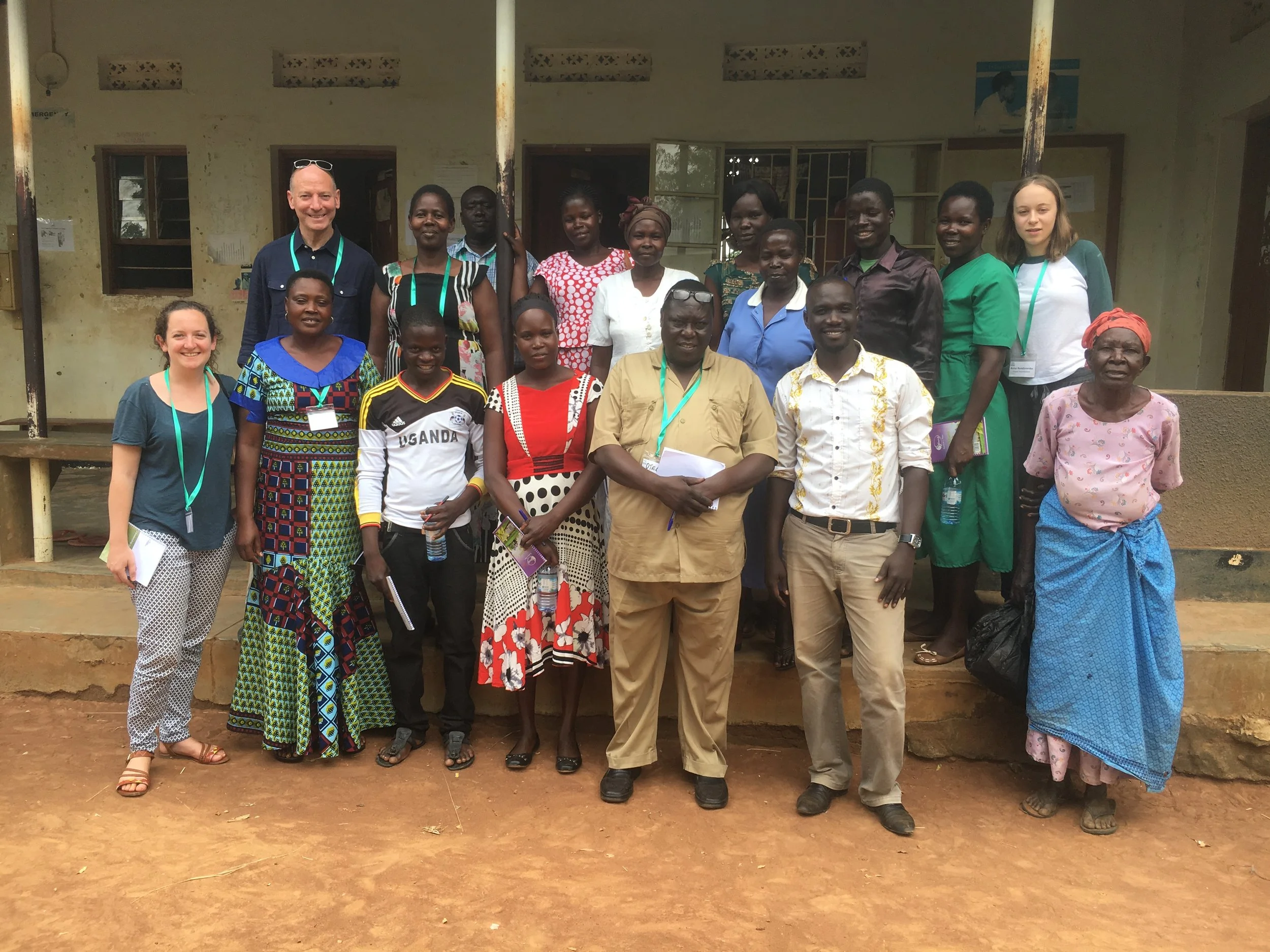Pepal programmes include participants from all over the world; a quick count showed that in 2022, our participants represented over 30 nationalities. Through our unique leadership programmes, we build diverse teams where, for example, Tanzanian Community Health Volunteers from remote villages work alongside Heads of Procurement from global companies based in sprawling metropolises. Participants come from vastly different places and, for seasoned executives, this brings up deep questions about how they can lead in a truly inclusive way.
A recent Harvard Business Review article stated that, ‘what leaders say and do makes up to a 70% difference as to whether an individual reports feeling included’. For this reason, it is critical that issues of inclusion are explored in today’s leadership programmes.
Two things stood out to me last year when considering Pepal’s diversity, equity and inclusion (DEI) journey. Firstly, we redeveloped the leadership framework for our Waamu programme (a collaboration between Janssen Pharmaceutical Companies of Johnson & Johnson and the leading Ugandan public health NGO, Baylor-Uganda) based on the Deloitte’s Six Signature Traits of an Inclusive Leader. This brought traits like courage and curiosity to the forefront of the programme and helped participants both understand, and consider why, these are central to inclusion. Secondly, we conducted a DEI audit of our NJIA programme (a collaboration between F. Hoffmann-La Roche AG and several NGOs in Uganda, Tanzania and India). There was lots of learning in this for us, from how we train our team at Pepal to the language we use; changes that we are working to implement this year.
However, these two exercises also highlighted to me that having the ‘right’ approach to DEI in the context of Pepal programmes is complex: in some places we work LGBTQI communities are criminalised, in others the caste system plays into all interactions, and in many gender equality is not given the same priority that I am used to in the UK. Yet, what I learned from observing our programme participants is that, despite this complexity, to create more inclusive environments we can 1) generously listen to our colleagues, with patience, empathy and a desire to deeply understand their perspective, 2) respect difference, as we grow and learn about cultural context and radically different perspectives and 3) be aware, humble and accepting when our own bias leads to incorrect assumptions and/or discrimination.
Inclusion, is like leadership, and of course acting in ways that are inclusive, is a key aspect of leadership. Both leadership and inclusion are difficult to learn in a classroom, understanding theoretical models is not as important as doing it, and reflecting on the outcomes and both start from an evaluation of your own values and perspectives. In Pepal programmes, we offer participants the chance to test both their leadership and their ability to be inclusive, in spaces a long way outside their usual day to day environments and comfort zones. These skillsets are more essential than ever, as building diverse workforces is critical to success in business, and beyond.

